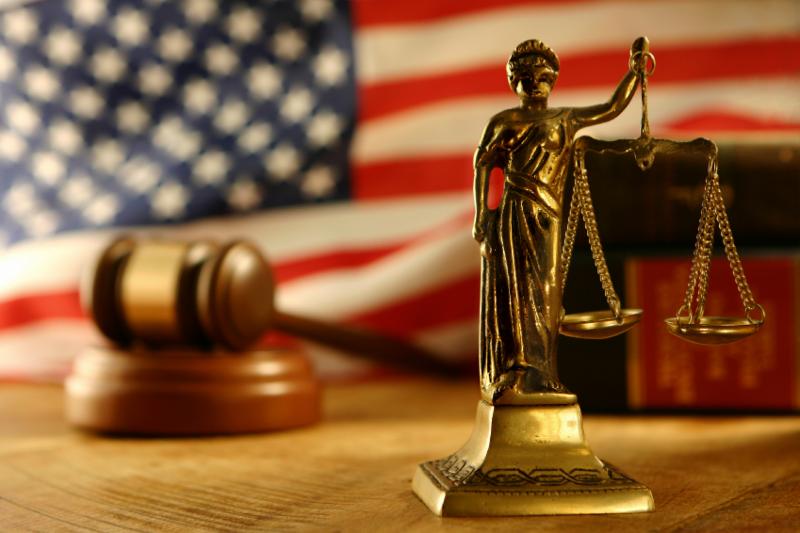The year is only just beginning and already the Congressional Ethics Committee is under attack. In 2008, this body was formed to address a slew of scandals that resulted in lawmakers seeing jail time. This misconception guiding the decision to disable this independent investigative body, however, is shortsighted and misguided.
In this issue, we’re going to look into why an independent watchdog essentially functions as the immune system of an organization. Bodies such as the Ethics Committee exist to protect the long-term viability of the entity it holds accountable. Avoiding accountability is shortsighted and highly unwise.
Changes made to the Ethics Committee essentially eliminate this independent investigative team because it not longer has to be independent, lawmakers will have to vote on whether or not a fellow congressperson has broken any rules, accusations don’t have to be made public, and the committee cannot receive anonymous tips.
The decision to essential gut the Congressional Ethics Committee has the members of the Republican party fighting each other, and Congress in tension with the White House. In fact, Republican Senator Lindsey Graham quoted to Fox News that this was, “The dumbest fricking thing I’ve ever heard.”
While the idea of being able to make decisions unchecked by an independent watchdog may sound like the perfect plan, it’s actually a recipe for disaster for everyone. Here’s why.
Whistleblowing isn’t the only reasons bodies like the Congressional Ethics Committee exists. Any organization, business, or governing body that wants to have long-term viability needs a watchdog. An independent, investigative body is an essential tool for evaluating claims, assessing how much exposure has already occurred, determining what action is appropriate, and minimizing liability.
When it comes to complaints that have to do with harassment, discrimination, breach of due process, or other forms of misconduct, one of the FIRST questions the Department of Justice or the Securities Exchange Commission will ask is, “Does the company intent to conduct an independent investigation?”
The answer to this question is the difference between a credible organization committed and accountable to its own policies and a dashed reputation.
The independent investigative body must be knowledgeable and the laws and policies in question, experienced in conducting investigations, credible and unattached to the entity under investigation, discreet, and able to conduct a thorough and objective investigation and assessment of the situation.
While not every complaint requires an independent investigation, matters involving high-level lawmakers or officers, multiple complaints involving multiple sources, adverse publicity, and sensitive complaints require an investigative body with no formal ties to the entity under investigation.
Business owners and attorneys should always have a trusted independent private investigator in their contacts for such situations; someone who has no formal ties to the company but is well-versed in its policies as well as laws and statutes that impact them.
Without an independent investigative body, an organization, governing body, or business has absolutely no internal or external credibility. Internally, those who filed the complaint or had the complaint filed against them will feel abandoned by their organization depending on the outcome without an objective investigation of the situation. Externally, when an organization investigates its own scandals, these investigations are rarely viewed as credible in court or in the public eye.
It is important to remember that accountability is the foundation for the strength, stability, and growth of any entity. Disabling the Congressional Ethics Committee is not a wise choice. In doing so, Congress cannot be held accountable to the country they serve, or to each other.

